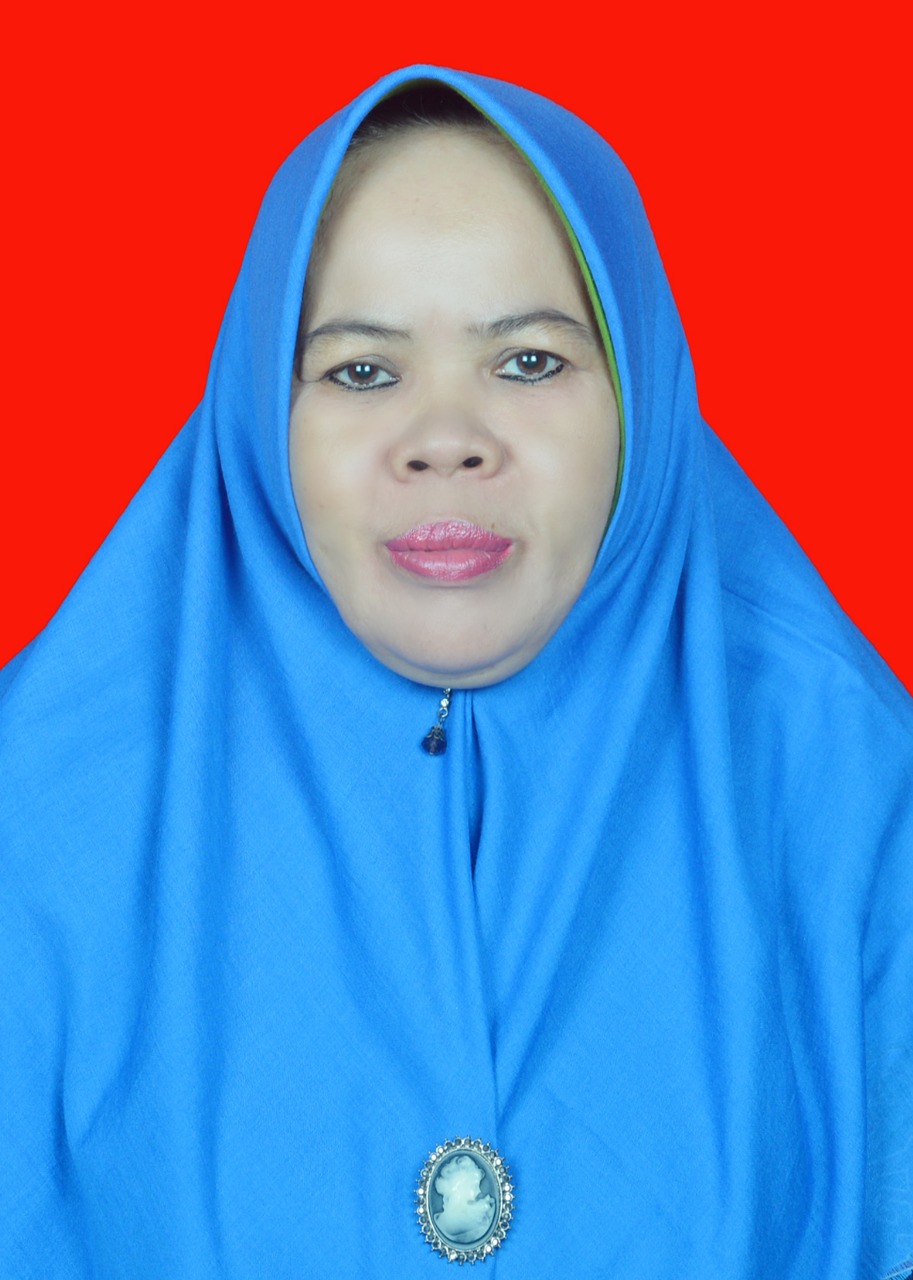Model Pendampingan Orang Tua Anak Berkebutuhan Khusus Berbasis Moderasi Beragama melalui Participatory Action Research
Main Article Content
Abstract
Penelitian ini bertujuan untuk meningkatkan kapasitas orang tua anak berkebutuhan khusus (ABK) di Provinsi Lampung dalam memberikan pendampingan berbasis moderasi beragama. Penelitian menggunakan pendekatan Participatory Action Research (PAR) dengan tiga tahapan utama, yaitu (1) persiapan berupa identifikasi masalah dan perumusan tujuan, (2) pelaksanaan melalui pelatihan, pendampingan langsung, dan small group discussion (SGD), serta (3) refleksi partisipatif untuk mengevaluasi hasil dan merumuskan strategi perbaikan. Subjek penelitian melibatkan 50 orang tua ABK dari Kota Bandar Lampung, Kabupaten Lampung Selatan, dan Kabupaten Pesawaran. Hasil penelitian menunjukkan peningkatan signifikan pada pemahaman orang tua (40% menjadi 75%), akses informasi (20% menjadi 60%), jaringan dukungan (10% menjadi 55%), dan kepercayaan diri (25% menjadi 70%) dalam mendampingi ABK. Temuan ini menegaskan bahwa tahapan PAR mampu memperkuat motivasi, dukungan emosional, serta kapasitas orang tua dalam merawat anak. Implikasi penelitian menekankan perlunya intervensi holistik berbasis partisipasi aktif keluarga untuk memperkuat praktik pendampingan dan pendidikan moderasi beragama sejak usia dini.
Downloads
Article Details

This work is licensed under a Creative Commons Attribution-ShareAlike 4.0 International License.
References
D. Holman and E. Švejdarová, “The 21st-Century Empowering Wholeness Adaptive (EWA) Educational Model Transforming Learning Capacity and Human Capital through Wholeness Systems Thinking towards a Sustainable Future,” Sustainability, vol. 15, no. 2, p. 1301, Jan. 2023, doi: 10.3390/su15021301.
L. Baxter, A. Burton, and D. Fancourt, “Community and cultural engagement for people with lived experience of mental health conditions: what are the barriers and enablers?,” BMC Psychol., vol. 10, no. 1, p. 71, Dec. 2022, doi: 10.1186/s40359-022-00775-y.
Q. He, H. Tong, and J.-B. Liu, “How Does Inequality Affect the Residents’ Subjective Well-Being: Inequality of Opportunity and Inequality of Effort,” Front. Psychol., vol. 13, no. April, pp. 1–11, Apr. 2022, doi: 10.3389/fpsyg.2022.843854.
W. C. Cheung, J. Aleman-Tovar, A. N. Johnston, L. M. Little, and M. M. Burke, “A Qualitative Study Exploring Parental Perceptions of Telehealth in Early Intervention,” J. Dev. Phys. Disabil., vol. 35, no. 3, pp. 353–373, Jun. 2023, doi: 10.1007/s10882-022-09853-w.
D. Jiang and L. J. Zhang, “Collaborating with ‘familiar’ strangers in mobile-assisted environments: The effect of socializing activities on learning EFL writing,” Comput. Educ., vol. 150, p. 103841, Jun. 2020, doi: 10.1016/j.compedu.2020.103841.
I. Pratiwi, M. Izani, O. Wijayanti, and T. Trianung, “Why Homeschooling? ”The Role of Parental Leadership in Choosing Homeschooling: Maximizing Children’s Potential”,” Edunesia J. Ilm. Pendidik., vol. 4, no. 2, pp. 938–951, Jun. 2023, doi: 10.51276/edu.v4i2.432.
M. P. Aryanti, I. D. Isnaini, D. Julianingsih, A. Dharmayanti, and N. Irsalina, “Sosialisasi Tipe-Tipe Anak Berkebutuhan Khusus pada Sekolah Inklusi di Kelurahan Pakal Surabaya,” Bima Abdi J. Pengabdi. Masy., vol. 3, no. 1, pp. 1–9, Jan. 2023, doi: 10.53299/bajpm.v3i1.251.
D. Yuniarni et al., “Sosialisasi Layanan Pendampingan Orang Tua ABK AUD di Kota Pontianak,” Al-Khidmah J. Pengabdi. Kpd. Masy., vol. 2, no. 2, pp. 126–134, 2022, [Online]. Available: https://ejournal.kopertais4.or.id/madura/index.php/khidmah/article/view/5544
R. S. A. Widhiati, E. Malihah, and S. Sardin, “Dukungan Sosial dan Strategi Menghadapi Stigma Negatif Anak Berkebutuhan Khusus Dalam Pendidikan,” J. Paedagogy, vol. 9, no. 4, p. 846, Oct. 2022, doi: 10.33394/jp.v9i4.5612.
R. M. Gumilang and I. Irnawati, “Dimensi Budaya Penerimaan Orang Tua Terhadap Anak Berkebutuhan Khusus (Abk),” PUSAKA, vol. 10, no. 1, pp. 110–124, Jul. 2022, doi: 10.31969/pusaka.v10i1.668.
S. Dauncey, “Special and inclusive education,” in Handbook of Education in China, vol. 35, no. 4, Edward Elgar Publishing, 2017, pp. 202–208. doi: 10.4337/9781783470662.00024.
World Health Organization and United Nations Childrens Fund, Global report on children with developmental disabilities:from the margins to the mainstream.Executive Summary. 2023. [Online]. Available: https://books.google.co.id/books?hl=id&lr=&id=baMOEQAAQBAJ
O. R. Bestianta, “Menilik Perlindungan Sosial bagi Penyandang Disabilitas Permasalahan Tenaga Kesehatan Non-ASN Puskesmas Peningkatan Peran PAUD Dalam Wajib Belajar 12 Tahun,” Kesejaht. Rakyat Budg., vol. 02, no. 01, 2022, [Online]. Available: https://berkas.dpr.go.id/pa3kn/analisis-tematik-apbn/public-file/bib-public-126.pdf
C. D. Trott, L. B. Sample McMeeking, and A. E. Weinberg, “Participatory action research experiences for undergraduates: forging critical connections through community engagement,” Stud. High. Educ., vol. 45, no. 11, pp. 2260–2273, Nov. 2020, doi: 10.1080/03075079.2019.1602759.
N. de M. Grilli et al., “Step by step: a participatory action-research framework to improve social participation in coastal systems,” Ambient. Soc., vol. 24, 2021, doi: 10.1590/1809-4422asoc20190255r1vu2021l1ao.
K. Hume et al., “Evidence-Based Practices for Children, Youth, and Young Adults with Autism: Third Generation Review,” J. Autism Dev. Disord., vol. 51, no. 11, pp. 4013–4032, Nov. 2021, doi: 10.1007/s10803-020-04844-2.
B. Suhartini, S. Sujarwo, and G. Priyambada, “Development of Tool for Evaluation of Motor Perception Activity Learning of Students with Intellectual Disabilities,” Int. J. Educ. Math. Sci. Technol., vol. 11, no. 5, pp. 1313–1327, Jul. 2023, doi: 10.46328/ijemst.3582.
M. P. B. Francisco, M. Hartman, and Y. Wang, “Inclusion and Special Education,” Educ. Sci., vol. 10, no. 9, p. 238, Sep. 2020, doi: 10.3390/educsci10090238.
I. K. Widyana, I. M. Darsana, and I. G. A. J. Arta, “Religious Moderation in the Framework of Bhinneka Tunggal Ika in Indonesia,” in Advances in Social Science, Education and Humanities Research, 2022, vol. 636, no. Acec 2021, pp. 166–169. doi: 10.2991/assehr.k.220108.029.
A. Arifinsyah, S. Andy, and A. Damanik, “The Urgency of Religious Moderation in Preventing Radicalism in Indonesia,” ESENSIA J. Ilmu-Ilmu Ushuluddin, vol. 21, no. 1, pp. 91–108, Apr. 2020, doi: 10.14421/esensia.v21i1.2199.
M. R. Zainal, K. A. Kamri, A. H. Abd Hamid, A. D. Wildan, and C. Kaur, “The Relationship Between Humanity Values and Religious Tolerance for Strengthening The Social Cohesion of Urban Communities in Malaysia: A Conceptual Framework,” J. Techno-Social, vol. 14, no. 1, pp. 56–65, Aug. 2022, doi: 10.30880/jts.2022.14.01.008.

